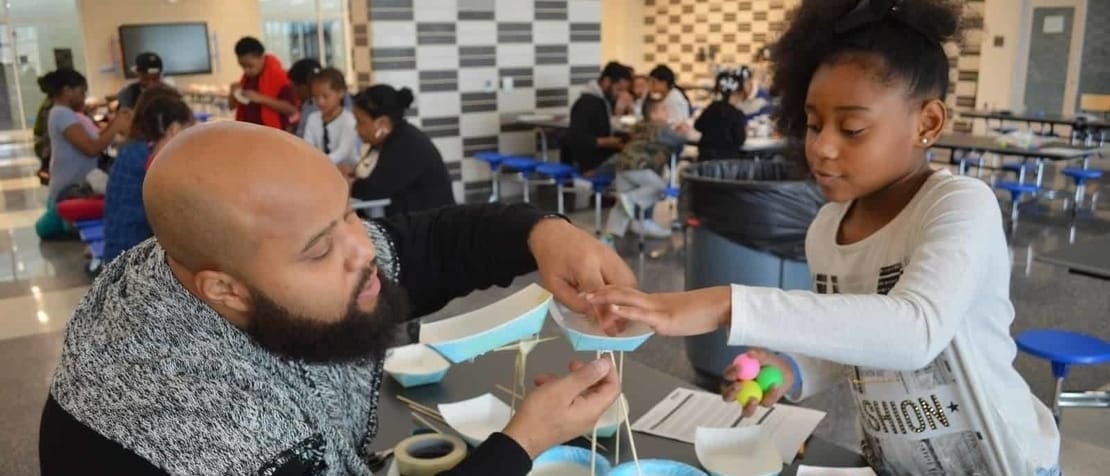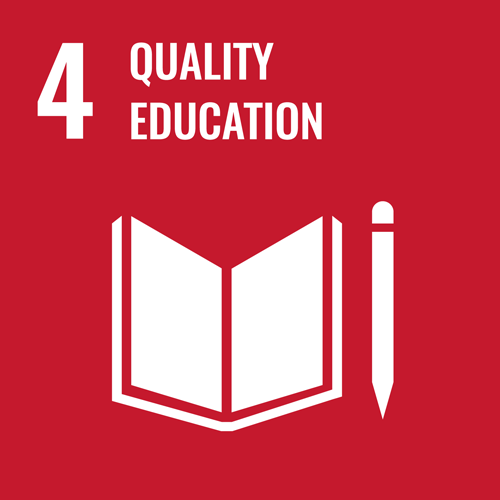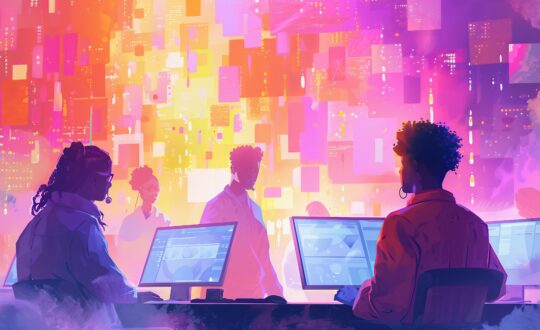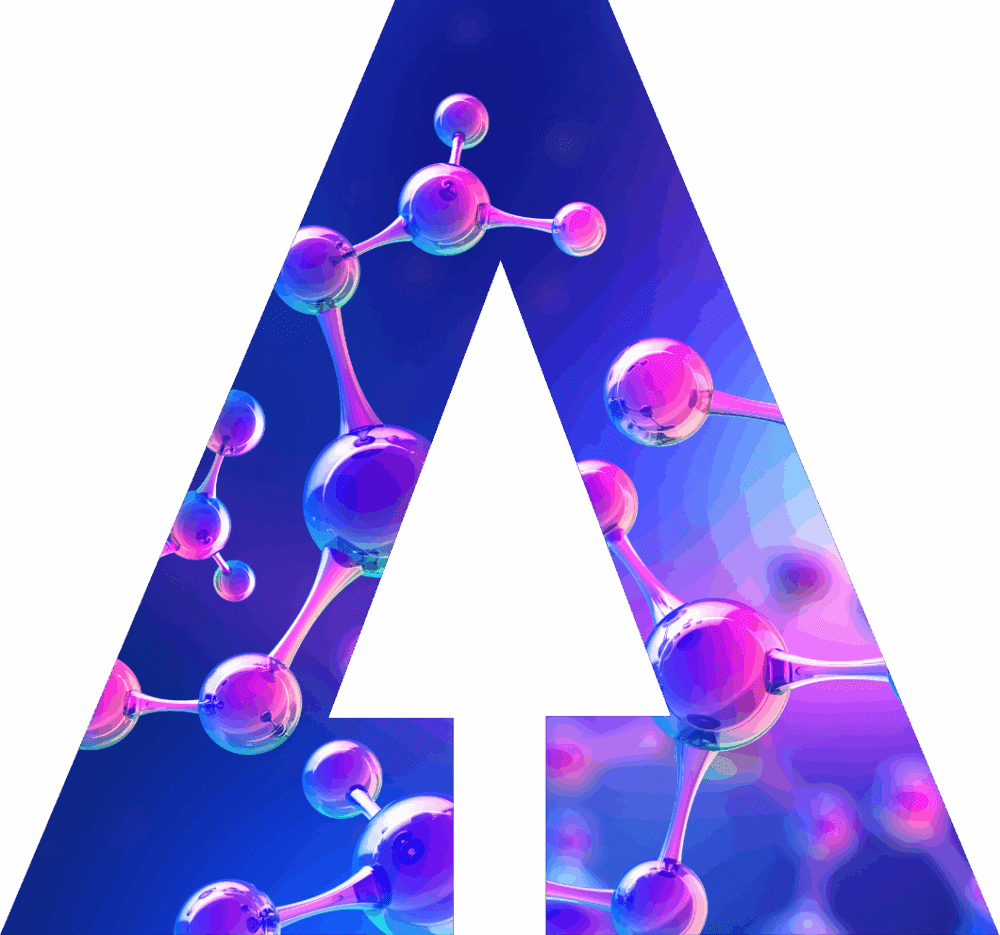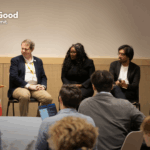Technologies such as artificial intelligence (AI) are powerful tools that can unlock an individual’s potential and amplify a sense of agency and purpose. But we need to understand how to use AI responsibly, and learn how we can improve AI technologies to create the world we wish to live in.
To accomplish this, we must reimagine our approach to education.
Education needs to be seen as a lifelong journey that everyone has the opportunity to pursue, and through which everyone can develop the skills needed to thrive tomorrow.
There is a need for grass-roots work with adults and children in the most vulnerable and underserved groups to help them understand how their worlds are changing, what AI is, how some of these technologies work, and what role they can play, now and in the future.
There is a need for innovative, thoughtful, multi-generational programs that foster lifelong learning and knowledge sharing between local communities and AI experts from industry and academia.
There is a need for AI experts to work closely with media and journalists to help them demystify AI for the broader public. We need to move beyond inflammatory terms towards informed and critical debate that advances our understanding of AI’s impact on society and what needs to improve and how.
Finally, we need innovative programs and resources that help us understand the impact of AI technologies on ourselves, our brains, and our behaviours. This is where we need partnerships between bold, self-aware industry partners and neuroscientists, cognitive scientists, psychologists and educators, who can work together to design technology that is not only addictive, viral and lucrative, but also brings out the best of what humans are capable of.
Be part of the conversation about the best way to meet these needs.
Iridescent, a global tech education non-profit, invites organizations to join in our efforts to fill important gaps in access, knowledge, agency and skills by submitting a proposal for consideration to present during the education track at the UN AI for Good Global Summit on May 29 in Geneva. Participants will also have the opportunity to be part of the working group developing the final projects launching at the end of the Summit.
- AI in your community: Have you been involved in any initiative that increases awareness of AI technologies in the broader public? Tell us about it! What worked, what didn’t work, what did you learn? How are you going to change your program or efforts this year to make deeper impact? We would love to hear from you!
- AI literacy in the workplace: Have you been developing or implementing any AI-literacy programs or courses in your organization for your employees or colleagues? We would love to hear what makes an engaging learning/teaching experience and your recommendations for helping people become more curious about AI. We also want to hear about any challenges that you may have encountered providing this experience at scale.
- Demystifying AI through media: It is a challenge for journalists (especially those without technical backgrounds) to investigate highly complex and rapidly evolving AI stories in a way that doesn’t focus on sensationalist headlines. We want to hear about organizations, journalists, schools, universities that are addressing this issue in innovative ways, and what is working.
- Our brains on AI-powered devices and games: Young or old, rich or poor, all across the world — we are all increasingly dependent on our smartphones, “daily feeds” from social media, and videogames. In particular the impact of such technologies is not understood/studied in underserved communities. We invite researchers, industry partners and community organizations to share any related work and findings that can help us all further our understanding of what is working, and what should be done next.
- AI for lifelong learning and creating capabilities: Today AI is powering many “personalized learning systems”. We need to move beyond factual knowledge, skill development, and assessment into preparing learners to become self-driven, creative problem solvers and innovators. We invite organizations and researchers that are working on this cutting-edge technology to share what systems they have created and deployed, lessons learned and recommendations on pushing this frontier!
Submitting organizations will be notified of their selection by Monday, April 22.
Join us as we explore ways we can collectively use and apply AI to improve education in an impactful, sustainable, and ethical way at the AI for Good Global Summit May 28-31.



